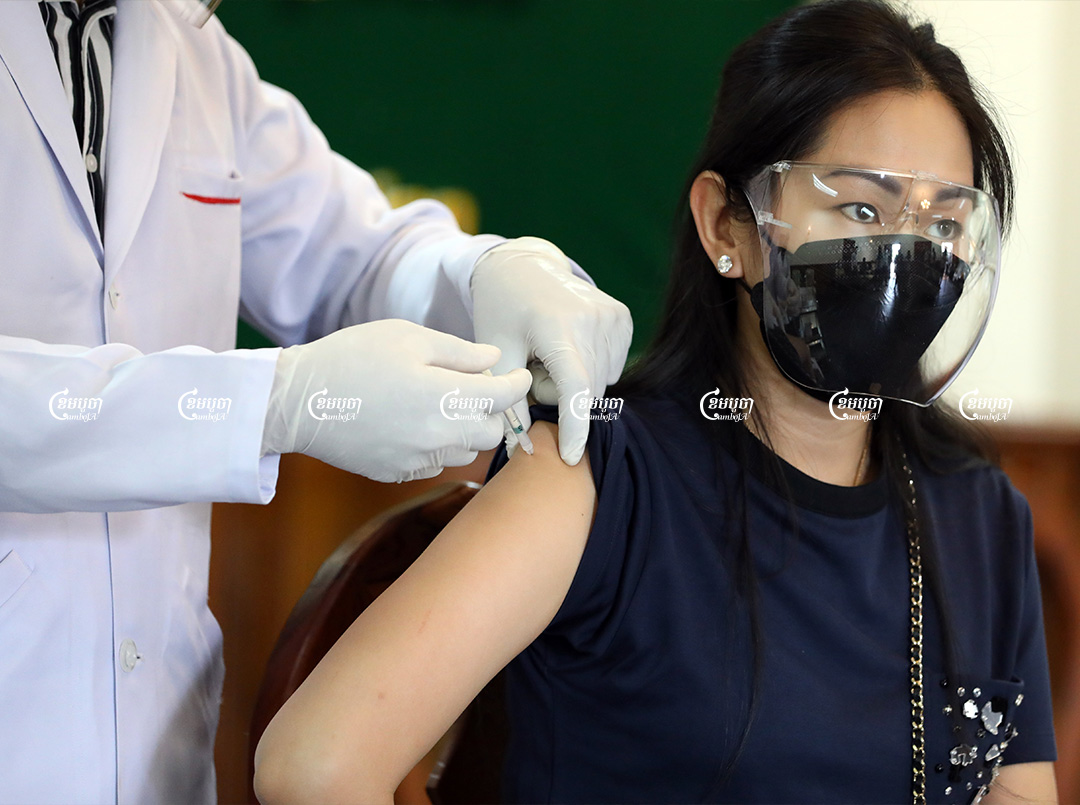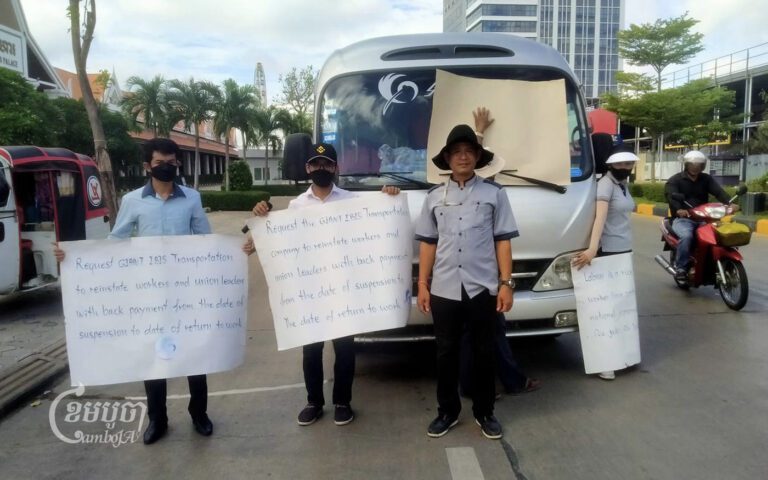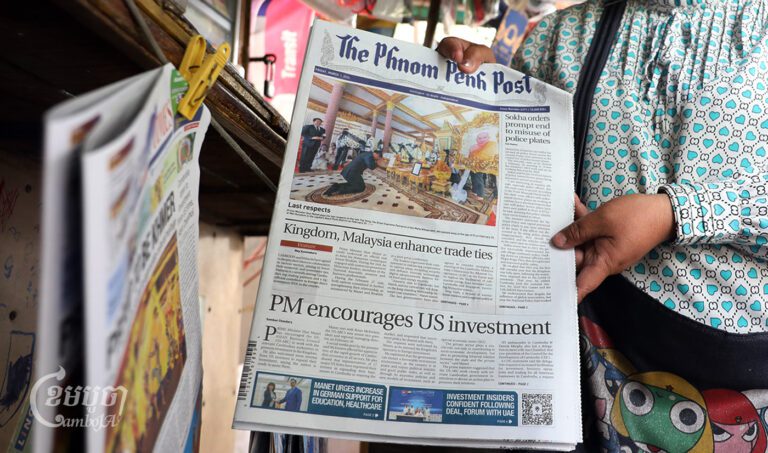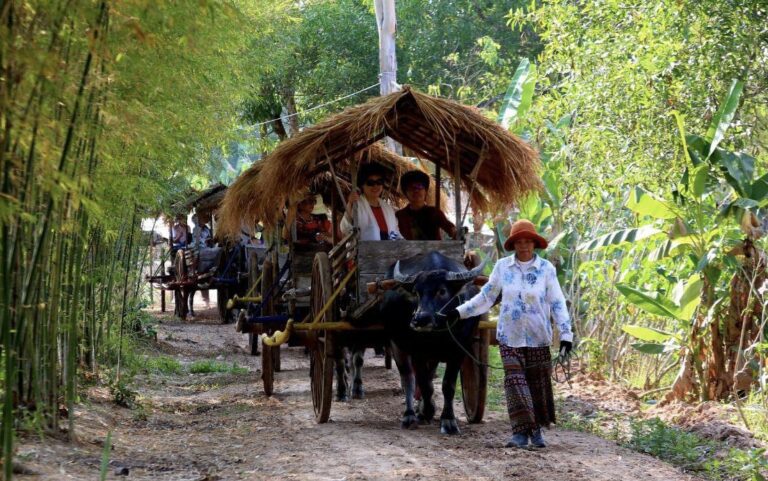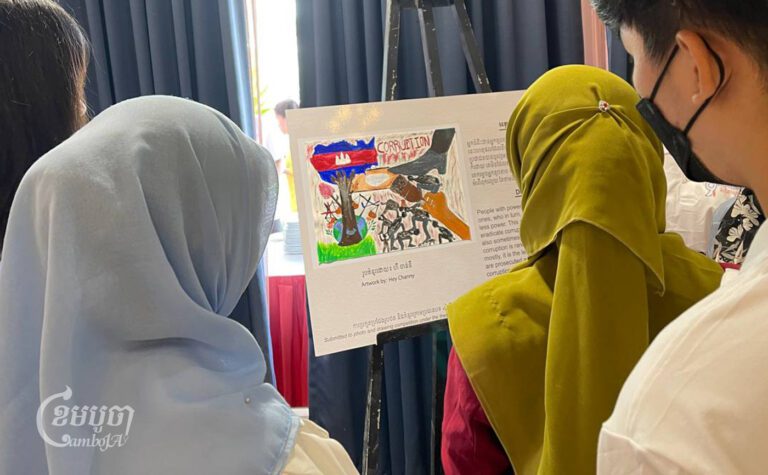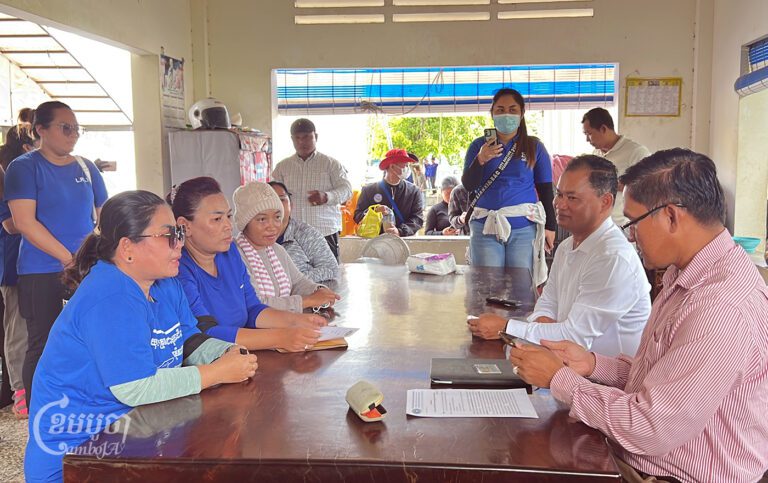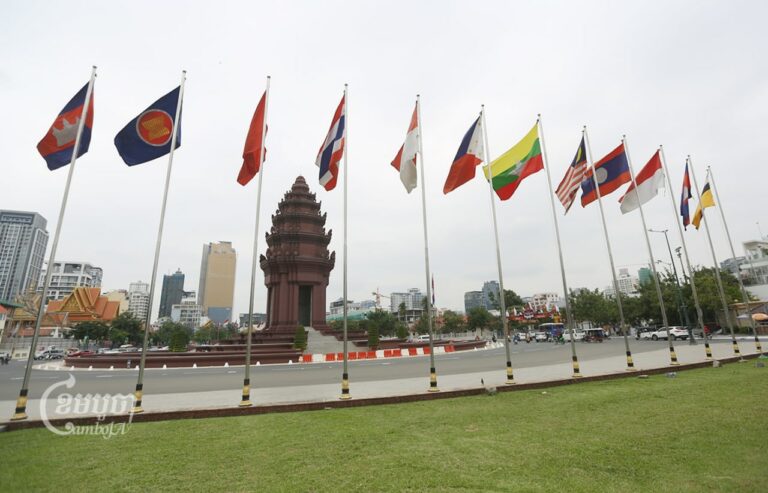The Cambodian government has announced a one-month ban on travel across the border to Vietnam in an attempt to contain the spread of COVID-19. The government has also extended the period between first and second doses of the Chinese-made Sinovac and Sinopharm vaccines from two to three weeks.
In a letter to the Cambodian ambassador to Vietnam, Cambodia’s Foreign Affair Ministry said that to prevent COVID-19 transmission from Vietnam to Cambodia, the government has decided to put in place a temporary ban on travel between the two countries for all Vietnamese workers and staff, effective from July 18.
“For Vietnamese workers and staff who have already entered Cambodia, both those who are in quarantine and those who have completed 14 days of quarantine are not allowed to return to Vietnam during the restriction,” the letter read.
However, Cambodia has continued to allow patients, diplomats, graduated students and civil servants on missions invited by both countries to cross the border, as well as the cross-border exchange of goods.
Mam Yoy, immigration police chief of Bavet International Checkpoint, said that border authorities are ready to implement the measures.
“The authorities will strictly impose the travel ban for all Vietnamese workers and staff, except those who wish to enter Cambodia [in exceptional cases],” he said.
He said the temporary border closure will not affect business and trade between the two countries as goods exchanges are allowed as normal. Cambodia has already put in place limited border restrictions with neighboring Thailand and Vietnam since the outbreak of the virus, allowing only the exchange of goods.
As of July 13, Vietnam recorded 2,187 new cases of COVID-19 and two deaths, raising total amounts to 32,665 and 125, respectively. Hundreds of new cases have been confirmed each day in recent days in Vietnam, with many positive cases detected through random testing at hospitals.
Vietnamese news agency reported that Ho Chi Minh City has imposed its second 15-day city-wide social distancing order starting Friday as the city seeks to curb the spread of the virus, requiring residents to stay at home and only go out for necessities such as buying food or medicines or to work at factories or businesses that are allowed to remain open.
Nhem Sam Oeun, Ratanakiri deputy provincial governor, said that authorities have already reported to Vietnam authorities along the border.
“Both countries and provinces are very careful about COVID-19 prevention, that’s why we strictly check on the border,” he said. “Previously, authorities allowed only vaccinated people to cross the border, but now it will be banned.”
Sam Oeun said that goods being transported to Vietnam through Ratanakiri included food and construction materials, noting that there was one huge Vietnamese farming firm, Hoang Anh Andong Meas, that owns 1,000 hectares of banana plantations in the province.
“Their Vietnamese workers, staff and Cambodian workers are already in Cambodia; therefore, it is not a problem,” he said. “The companies have not allowed them to leave during this time as well because it will affect their business operations.”
Although Cambodia has achieved one of the highest vaccination rates in ASEAN, the number of COVID-19 cases and death rate have remained relatively high. The country ranks sixth in ASEAN in terms of deaths and infections.
Cambodia recorded 915 new cases of COVID-19 on Wednesday and 33 deaths, bringing the total amount to 6,3615 and 986 deaths.
With the number of infections remaining high, the Health Ministry has decided to extend the period between the first and second dose for Sinovac and Sinopharm from 14 days to 21 days. Although the ministry did not give an explanation for the change, the World Health Organization (WHO) recommends a period of two to four weeks between doses for the Sinovac vaccine and three to four weeks for Sinopharm.
Health Ministry spokesperson Or Vandine could not be reached for comment.
Dr Li Ailan, WHO representative to Cambodia, told CamboJA by email that the ministry’s advice is in line with the WHO recommendations. She said that both vaccines are on the WHO’s Emergency Use Listing.
“All the WHO EUL listing vaccines are effective against severe disease and death,” she said. “They are effective to reduce hospitalization and no COVID-19 vaccine is 100 percent effective against infection … It is not unexpected to get infection event after you get vaccinated. That is why it is so important to continue to practice all other public health and social measures as you know.”
Cambodia has thus far received 17 million doses of Chinese-made vaccines, most having been purchased by the Cambodian government and used to vaccinate more than 5 million people. The Japanese government announced on Tuesday that it will donate 1 million doses of AstraZeneca vaccine to Cambodia.


